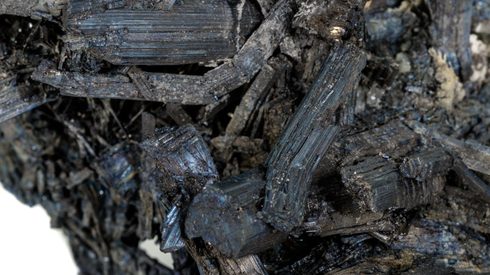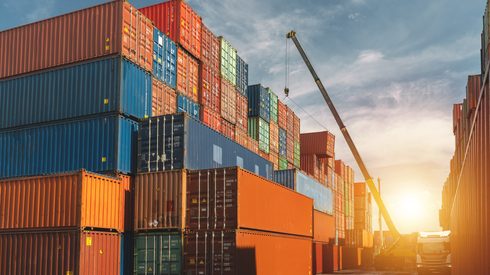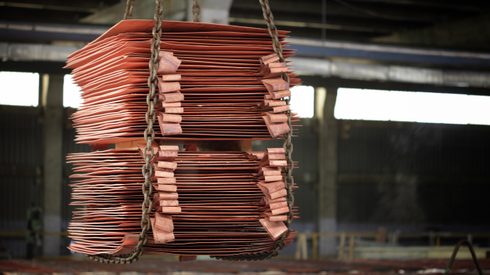MF Global UK clients endured the unpleasant revelation this week that more of them will have to share the same limited assets following the ruling on Lehman Brothers International (Europe’s) client money pool by the UK supreme court.
But their anger should not obscure the growing realisation of the former London Metal Exchange brokerage’s clients that decisions made after the October 31 2011 default may result in them being able to recoup less of their collateral than they would have been able to had all positions been closed out immediately.
Following the LCH announcement that MF was in default, all cleared MF Global client positions at LCH became the responsibility of the clearing house.
At that stage those positions belonged to neither the clients nor MF Global. In effect they belonged to LCH, and should have been liquidated as soon as practicable by LCH to protect itself from further market price risk.
All funds remaining, including initial margin and variation margin, would be returned to the administrator KPMG for eventual distribution as part of the liquidation process.
For the first few days LCH rolled some cash and tom positions on the market, which was unnecessary but understandable because LCH was trying to understand the width of its liability.
It meant that a few customers were initially unable to reconcile their positions as trades were now entered into their accounts with MF Global that were unknown to them.
But the real issue turns on the decision to allow clients to transfer positions away from MF Global, while at the same time LCH would not transfer any initial or variation margin.
Clients with profitable positions were able to transfer, because LME brokers were happy to receive “winning” trades even without the initial margin coverage from LCH.
Those clients with losing positions were in a different world. They could not transfer, as brokers would not receive these trades without the initial and variation margins that LCH refused to transfer.
This created two major issues for the clients.
First, the process of transfer lasted a number of weeks. Until it was complete we can assume LCH could not liquidate its liability on the market as the residual MF Global position at LCH was unknown until the transfer process was complete.
Clients who could not transfer were given a prolonged price risk between the default of MF Global on October 31 and the point some weeks later when their positions were closed out by LCH.
The impact of this delay and its impact on the total receipts passed to the administrator may prove to be an issue of dispute between LCH, the administrator and MF Global clients.
Second, by allowing the transfer of profitable positions, the amount of profits within MF Global’s pool of LME receipts has been reduced. Further, because of the transfer, the composition of the pool of trades to be liquidated also changed.
Consider this simple example: on default, MF Global has two clients, one of which is long of copper and one of which is short at $7,500 so MF Global and therefore LCH are square of market risk.
But as the market price at the time is around $7,920, the long transfers his position away from MF Global. The pool of trades for MF at LCH is no longer square, it has changed to short one at $7,500.
To close out the position LCH must enter the market at $7,920 and buy one lot, yielding a loss.
And thus the receipts available to the administrator have been diminished.
The impact the transfers had on the composition of the pool of trades and therefore the final value of the remaining positions when liquidated, can only be guessed at.
This may also prove to be an issue of dispute between LCH, the administrator and MF Global clients.
Let us imagine that the delay followed by the significant change to the composition of the pool reduced the receipts from the liquidation of MF Global’s LME business.
It there is now a shortfall within the total receipts across all markets managed by the UK administrator, then logically, that shortfall will be borne largely by those clients who could not get their positions transferred.
That shortfall will reduce the sum of initial margin and variation margin amounts that will be eventually returned to the “losing clients”.
Clearly, any shortfall in the MF Global overall book should not be carried by one segment of the MF Global’s LME client base. The administrator should treat all LME clients evenly within their class.
The decision to allow transfer of winning trades looks strange in hindsight, as the positions were no longer the responsibility of either MF Global or its clients – something which courts may have to rule on in the future as well.
MF Global’s book should have been closed out as soon as practicable, and all clients treated evenly, whether winners or losers.
If the administrator pays those clients still waiting to receive their initial and variation margin close to 100% then everyone will breathe a sigh of relief and walk away.
But this week the administrator informed Metal Bulletin that it had recovered assets of $1.1 billion, against which there were claims of $2.6 billion.
If the administrator can only pay out in those proportions then prolonged litigation from MF Global’s former LME clients seems bound to follow.






